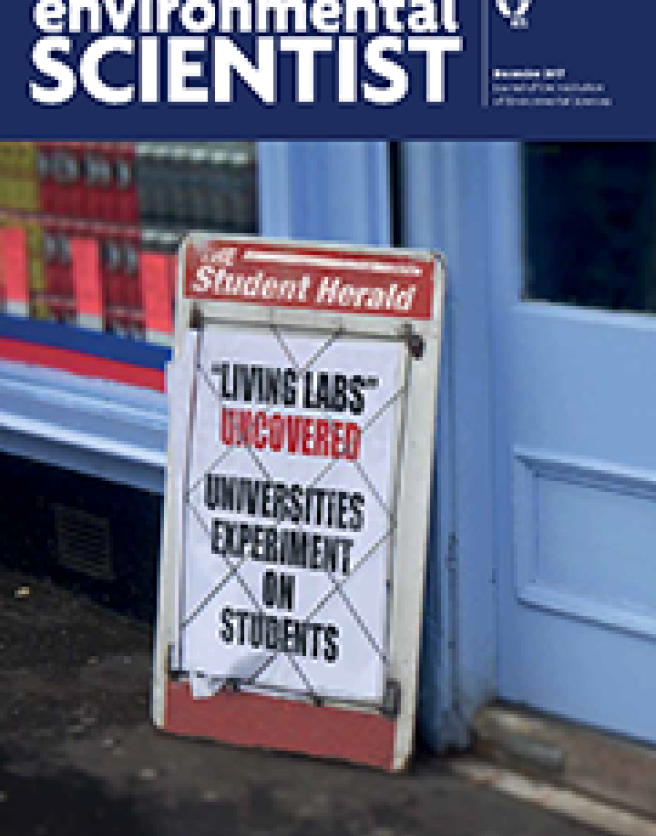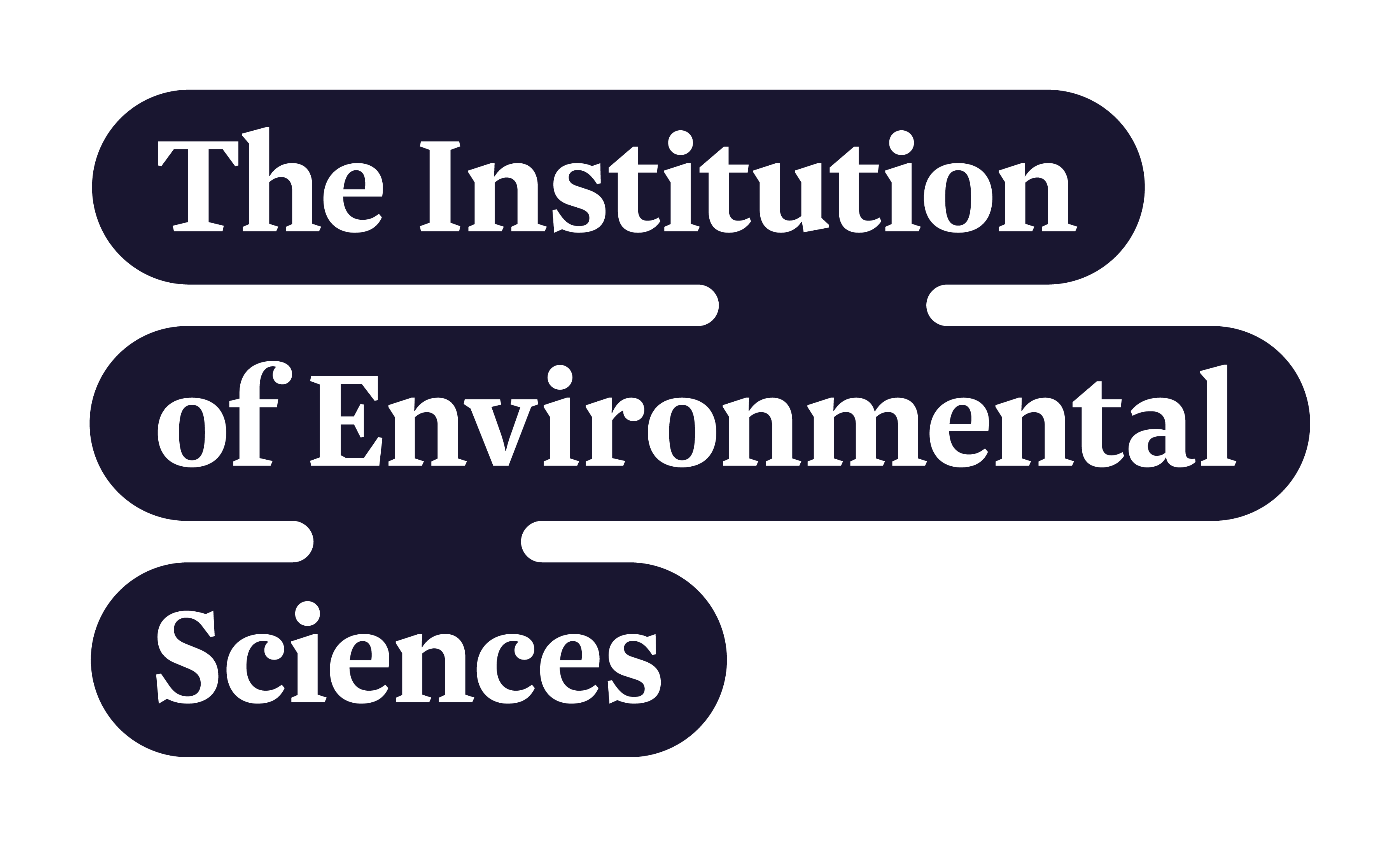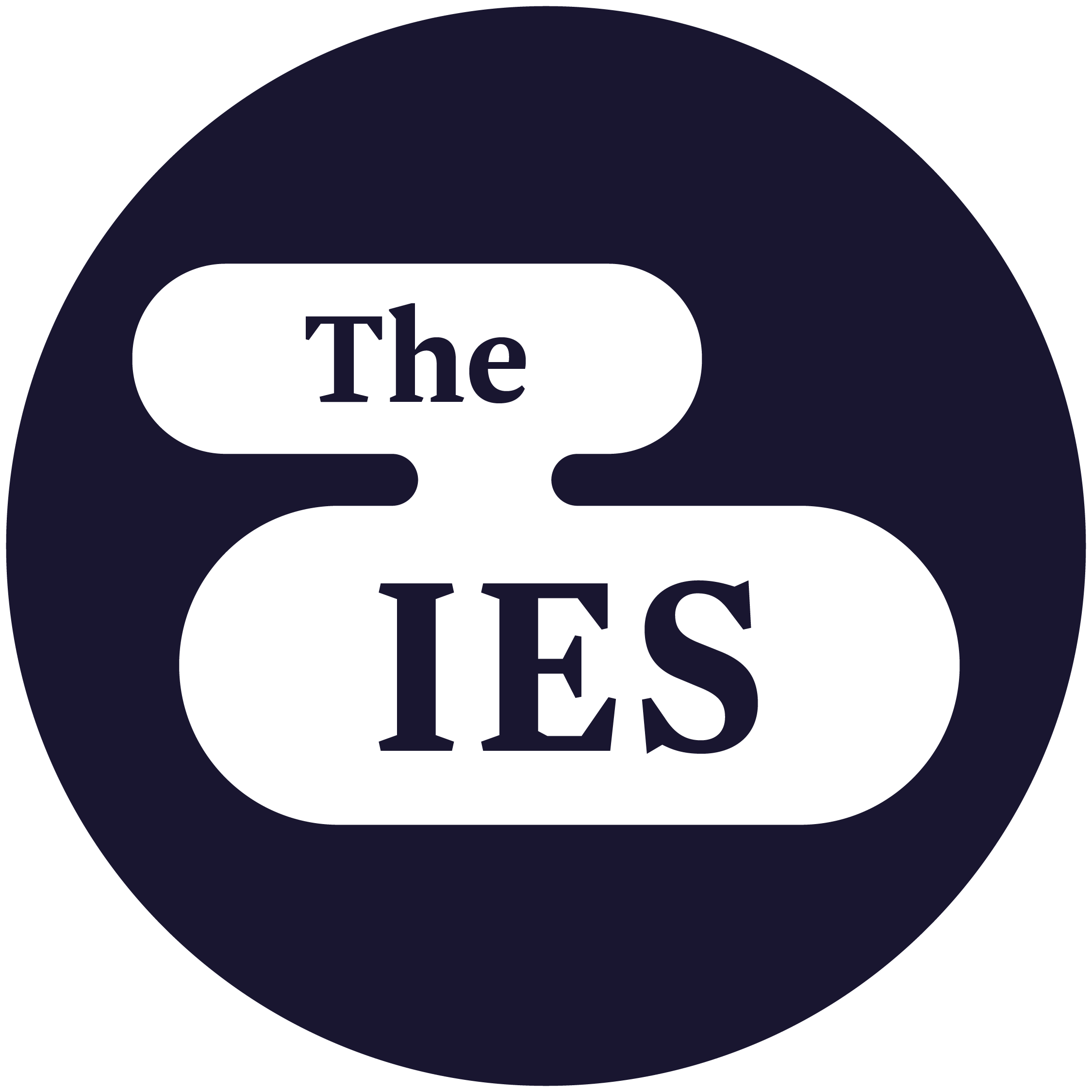Living Labs

As Higher Education Institutions increasingly strive to find the most impactful way of conducting innovative education and research, many are initiating Living Labs programmes. The objective of a Living Lab programme is to establish a platform where people from different stakeholder groups can easily and effectively collaborate. While Living Labs are not limited to sustainability, this sector has led the way and embraced their potential to enhance learning and employability for students, problem-solving for campus managers, and deliver real-world sustainability improvements. This issue of the environmental SCIENTIST explores the development of the concept, presents case studies from the perspective of a range of Living Labs stakeholders, and considers its potential to drive further change.
- Education Earth stewards or vandals? – Iain Patton
- What is a Living Lab? – Hassan Waheed
- Universities as Living Labs for sustainable development: A global perspective – Walter Leal Filho, José Baltazar S. O de Andrade Guerra, Mark Mifsud and Rudi Pretorius
- Student Capital: Broadening the appeal of sustainability engagement – William Clayton, James Longhurst, Chris Willmore and Georgina Gough
- Living Labs in the context of sustainable development – Konstantinos Tzoulas and Stuart Marsden
- Gamification in a Living Lab: Energy saving challenges in student halls – Regine Sønderland Saga and Rachel Dunk
- Creating a campus style laboratory for low carbon energy research – Zoe Robinson and Ian Madley
- The EcoCampus initiative: Sustainability in Nanyang Technological University – Ryan Jin Zhanhe
- The gap between education and reality – Kim Croasdale
- Turning a university into a Living Lab – Liz Cooper
- Building the Earthhouse – Christopher Norris
- Navigating the labyrinthine: Leadership and Living Labs – Janet Haddock-Fraser and Peter Rands
- Natural flood management: An integrated approach in a rural-urban catchment – Josh Wells and Jillian Labadz
- Novel research methods supporting advanced waste treatment technologies within a circular economy – Edward Randviir
- Taking responsibility for carbon emissions - The evolution of a Carbon Literacy Living Lab – Rachel Dunk, Jane Mörk, Jonathan Davies, Jenny Davidson, Christopher Paling, John Hindley, Sophie Leigh and Helena Tinker
- Students in their city – Julian Holloway and Paul O'Hare
Volume: 26.4


